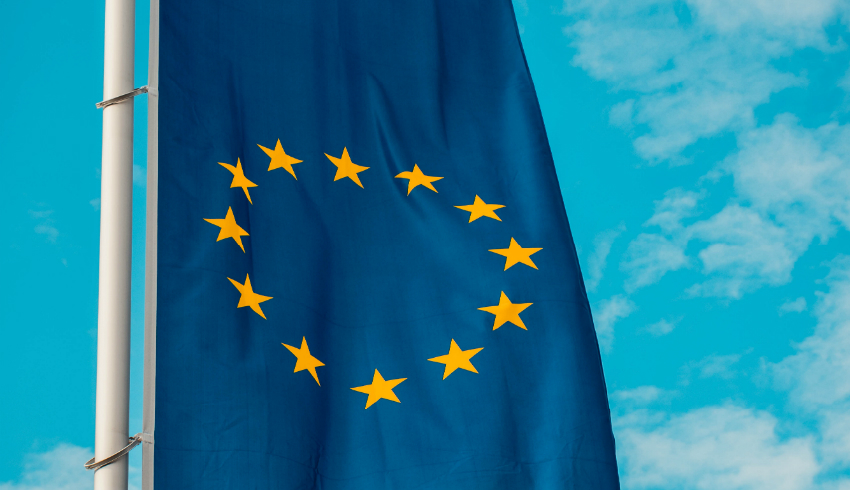Legal Practice Areas

EU law is a system of law that’s specific to all the members of the European Union, which overrules the national law of each member country if there’s a conflict between its national law and the EU law.
This area of law relates to a wide range of different matters, from agriculture to competition law, aiming to create a level playing field and harmonise laws across the EU regarding certain matters, mostly trade.
What kinds of clients will I be dealing with?
In this area of law, you will either be working for or against the state. Government lawyers are required to protect the interests of the state, while others work for private individuals and companies to make sure that member states do not surpass the powers they are given.
What kind of work will I do?
There is often a large amount of paperwork involved in this area of law, especially if the case has been brought to the European Court of Justice. In order for a matter to be admissible to the Court, all domestic remedies must have been exhausted, which means the case must have already been considered in the highest court in the country.
A trainee in the European Parliament Legal Service, for example, could be working on appeals to the General Court against Commission decisions.
A qualified lawyer working in EU law might spend a lot of time preparing papers to submit to competition authorities such as the European Commission, advocating why certain practices or transactions should be permitted or not permitted.
An associate working in the EU Environmental Health and Safety (EHS) Regulatory Practice, for example, could be focused on matters relating to chemicals, food and various other highly regulated products and industries for clients, including multinational corporations, medium-sized companies, international and domestic-industry associations and governments.
You could even find yourself in Luxembourg at some point working at the European Court of Justice. This is the highest court in Europe and makes binding decisions for all countries in the EU.
How should I tailor my commercial awareness?
You’ll need to know about how the EU came into being, including its history from 1951 onwards. Focusing on the EU today, there are a number of institutions you need to be aware of, as well as their functions; the European Parliament, the Council of the European Union, the European Commission and the Court of Justice of the European Union.
In light of Brexit, it would also be useful to stay up-to-date on announcements about the relationship between Britain and the EU once it has left the Union, and especially those relating to laws that may or may not continue to be shared between the two newly-separate bodies.
Although it’s not commercial awareness, it’s worth noting that additional language skills can be very useful in this area of law, especially if you work at the ECJ or on cross-border disputes. You can use pretty much any language during a court hearing, but all the deliberations of the court are in French.
Academy tools to help you get a job
-

Free Watson Glaser Practice Test
Understand the test format, compare your performance with others, and boost your critical thinking skills.
